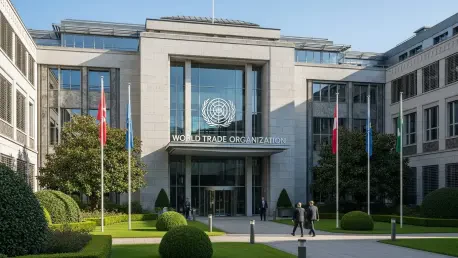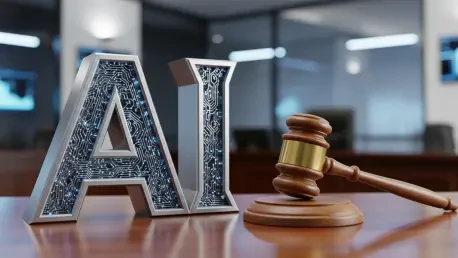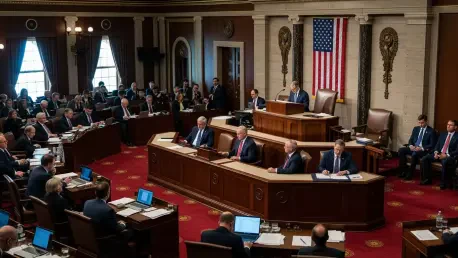

Introduction to African Digital Trade and the 'Digital Trade for Africa' Initiative Imagine a continent where digital trade could unlock billions in economic potential, yet remains shackled by regulatory and infrastructural hurdles that stifle growth and innovation. African digital trade holds

Introduction to Athens' Safety Initiatives Imagine a bustling downtown street where pedestrians hurry to events, only to face the constant threat of speeding vehicles, a scenario all too real in Athens-Clarke County, prompting a determined push to transform public safety. Recent efforts have

Imagine a state gearing up for an important election, only to find tens of thousands of voter applications trapped in a digital quagmire, risking the democratic rights of countless citizens and creating widespread frustration. This is the reality unfolding in Texas, where the rollout of the updated

Introduction Imagine a world where the brightest minds in technology and science face a staggering $100,000 barrier just to work in the United States, a country long regarded as a beacon for global talent. This is the reality following a recent policy change that has dramatically increased the

Imagine a scenario where the guardians of government accountability, tasked with uncovering waste and abuse, are abruptly dismissed without proper notice or explanation, sparking a heated debate over executive power. This situation unfolded when former President Donald Trump fired 17 agency

Today, we’re thrilled to sit down with Donald Gainsborough, a political savant and the visionary leader behind Government Curated. With his deep expertise in policy and legislation, Donald offers unparalleled insight into the intersection of technology and governance. In this conversation, we dive

Unraveling the Regulatory Web: Why AI Governance Matters Now In an era where artificial intelligence (AI) drives everything from healthcare diagnostics to financial forecasting, the United States faces a staggering challenge: a fragmented regulatory landscape that could derail market growth and

I'm thrilled to sit down with Donald Gainsborough, a renowned political savant and the leader of Government Curated, whose deep expertise in congressional budget processes and executive-legislative relations offers unparalleled insight into the complex world of U.S. government spending. In this

Today, we’re thrilled to sit down with Donald Gainsborough, a political savant and leader in policy and legislation at the helm of Government Curated. With his deep expertise in government operations and public safety initiatives, Donald offers a unique perspective on the recent partnership between

In the heart of a bustling American city, a small, buzzing object hovers undetected over a crowded stadium during a major sporting event, posing a serious threat. This is no toy—it’s an unauthorized drone, potentially carrying surveillance equipment or worse, and last year alone, hundreds of such
ITCurated uses cookies to personalize your experience on our website. By continuing to use this site, you agree to our Cookie Policy